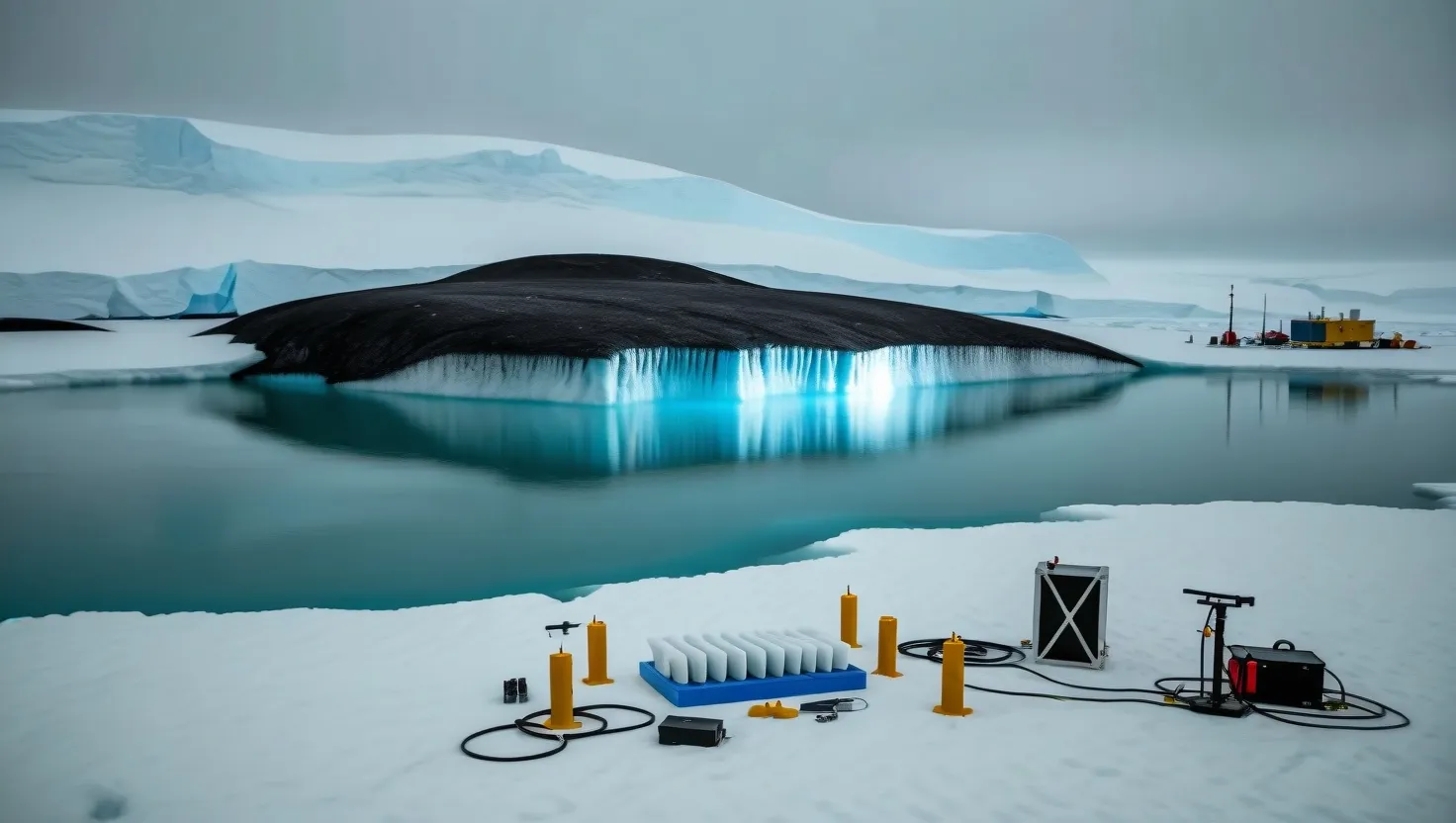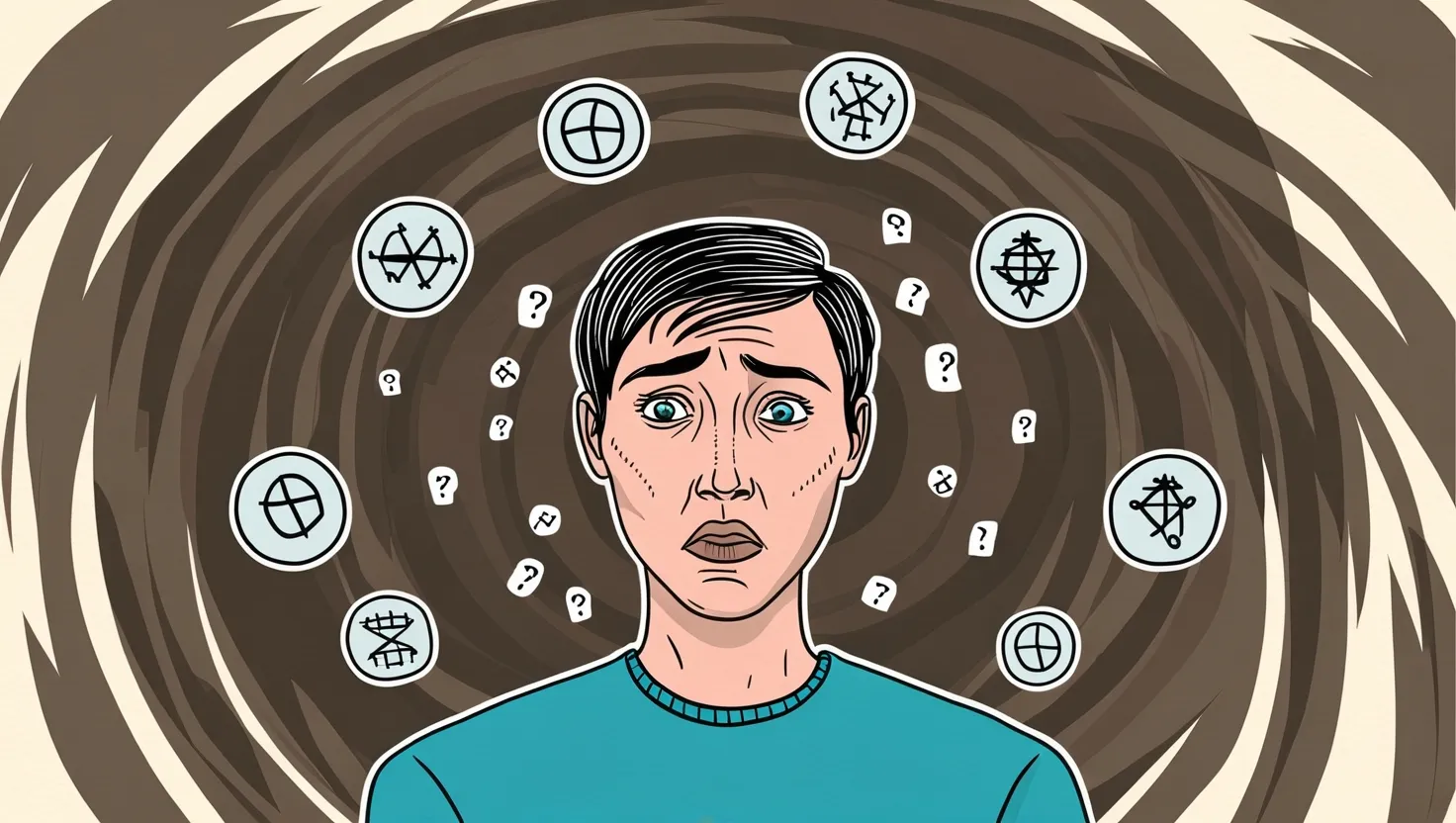Lake Vostok, a colossal subglacial lake hidden beneath 4 kilometers of Antarctic ice for 15 million years, has long captivated scientists and conspiracy theorists alike. Its pristine waters, untouched by the outside world for eons, hold secrets that continue to perplex researchers and fuel wild speculation.
As I delved into the murky depths of Lake Vostok’s history, I couldn’t help but wonder: What if this frozen time capsule harbored more than just ancient microbes? What if it concealed a dark chapter of human history?
The story begins with Soviet expeditions to Antarctica during the Cold War. While officially conducting climate research, declassified documents hint at a more sinister agenda. The Soviets were keenly interested in extreme-environment organisms, viewing them as potential tools for military applications.
“Nature is the ultimate bioweapon designer,” a former Soviet researcher once told me, speaking on condition of anonymity. “We simply sought to harness what already existed.”
Lake Vostok’s unique conditions - crushing pressure, perpetual darkness, and complete isolation - made it an ideal natural laboratory. The Soviets believed that any life forms thriving in such an environment could potentially be modified to survive equally harsh conditions on Earth or even in space.
But how does one conduct clandestine research on a lake buried under miles of ice? The answer lies in the ice cores extracted during drilling operations. These cylindrical samples of frozen water contain a record of Earth’s climate stretching back thousands of years. They also, as it turns out, can trap microscopic life forms.
Russian drilling projects at Vostok Station have a curious history of stopping just short of breaching the lake’s surface. Critics have noted that these delays often coincided with the discovery of unusual genetic material in the ice cores. Could these pauses have been deliberate, allowing time for secret analysis of potentially engineered organisms?
Recent studies of ice samples have revealed traces of complex organic compounds that don’t match known natural patterns. While mainstream scientists attribute these findings to unique evolutionary processes, some researchers see similarities to engineered bioweapons markers.
Dr. Elena Petrova, a microbiologist who has studied the Lake Vostok samples, shared her concerns: “There are sequences in these organisms that simply shouldn’t be there. They appear to be artificially inserted, but for what purpose?”
The implications of such a discovery are staggering. If true, it would mean that Soviet scientists successfully created and tested genetically modified organisms in one of the most remote and inhospitable environments on Earth. But to what end?
Some theories suggest the lake was used to test organisms designed for biological warfare, capable of surviving extreme conditions and rapid deployment. Others propose more benign explanations, such as developing hardy bacteria for environmental cleanup or space exploration.
Whatever the truth, the international scientific community remains divided on how to proceed with Lake Vostok research. Russia’s tight control over access to the site and research data has only fueled suspicions.
As climate change threatens to alter Antarctic ice coverage, a new concern emerges: What if these potentially modified organisms were to escape their icy prison? The thought of ancient, possibly engineered microbes being released into the modern world is a scenario straight out of a science fiction thriller.
Dr. James Henderson, a climate scientist monitoring Antarctic ice melt, warns: “We’re dealing with unknowns upon unknowns. The potential ecological impact of introducing these organisms into today’s environment is impossible to predict.”
The Lake Vostok bioweapons theory serves as a chilling reminder of the often-blurred lines between scientific discovery and military research. It forces us to confront uncomfortable questions about the legacy of Cold War-era classified programs and their potential modern-day implications.
As I reflect on this frozen enigma, I’m struck by the words of renowned Antarctic explorer Sir Ernest Shackleton: “Difficulties are just things to overcome, after all.” But in the case of Lake Vostok, overcoming those difficulties might mean confronting a Pandora’s box of our own making.
What secrets truly lie beneath the ice of Lake Vostok? Are we prepared to face the consequences of uncovering them? And perhaps most importantly, how do we balance the pursuit of knowledge with the potential risks it may bring?
The debate surrounding Lake Vostok extends beyond the scientific community, touching on issues of international law, ethics, and global security. The Antarctic Treaty System, which governs activities on the continent, prohibits military operations. But how does one classify decades-old research with potential military applications?
“We’re in uncharted territory, both legally and ethically,” explains Dr. Sarah Chen, an expert in international environmental law. “The treaty wasn’t designed with scenarios like this in mind.”
The controversy has also reignited discussions about the preservation of Antarctica’s pristine environment. Environmentalists argue that any disturbance of Lake Vostok, regardless of its contents, could have catastrophic consequences for this unique ecosystem.
Yet, proponents of continued research argue that understanding Lake Vostok’s mysteries could provide invaluable insights into the origins of life on Earth and the potential for life on other planets. NASA has long viewed the lake as an analog for the conditions that might exist on Jupiter’s moon Europa or Saturn’s moon Enceladus.
As the debate rages on, Russian authorities maintain that their research at Lake Vostok is purely scientific. They point to the extreme technical challenges of accessing the lake as the reason for repeated delays, not any nefarious hidden agenda.
However, skeptics note that Russia has been reluctant to share raw data from their ice core samples with the international scientific community. This lack of transparency has only served to fuel speculation and mistrust.
The Lake Vostok bioweapons theory also raises broader questions about the long-term consequences of military research programs. How many other “natural” phenomena might be hiding the fingerprints of human intervention?
Dr. Michael Frost, a historian specializing in Cold War science programs, offers a sobering perspective: “We’re only now beginning to grapple with the environmental and health impacts of many 20th-century military experiments. Lake Vostok could be just the tip of the iceberg, so to speak.”
As technology advances, the ability to detect and analyze minute traces of genetic material improves. This progress offers hope for eventually unraveling Lake Vostok’s mysteries, but it also increases the urgency of addressing the ethical and security concerns surrounding the site.
The case of Lake Vostok serves as a powerful reminder of the complex interplay between science, politics, and ethics. It challenges us to consider the long-term consequences of our actions and the responsibility we bear for the secrets we uncover.
As we stand on the brink of potentially revealing Lake Vostok’s secrets, we must ask ourselves: Are we prepared for what we might find? And more importantly, are we prepared to handle that knowledge responsibly?
The frozen depths of Antarctica may hold the key to understanding our past, but they also force us to confront the challenges of our present and the uncertainties of our future. As we continue to push the boundaries of scientific exploration, the story of Lake Vostok reminds us that some of the greatest discoveries - and greatest risks - may lie hidden in the most remote corners of our world.
In the end, the true nature of Lake Vostok remains as elusive as ever. Is it a pristine time capsule of Earth’s ancient past, a Cold War relic hiding dark secrets, or perhaps both? As we cautiously peel back the layers of ice and mystery, we must remain vigilant, balancing our thirst for knowledge with a deep respect for the unknown and the potential consequences of our curiosity.






